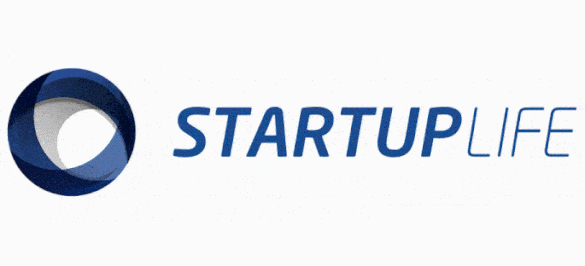The acquirer, or merchant acquirer, is a central player in the electronic payments ecosystem. These institutions act by accrediting merchants to credit and debit card brands, enabling card transactions. In this article, you will understand what an acquirer, or merchant acquirer, is, its functions, and its importance in the payment market. In addition, we will address topics such as receivables anticipation, regulation, and compliance.
Content:
- What is an acquirer, or merchant acquirer?
- The importance of acquirers for the payment market
- Is the acquirer authorized to perform receivables anticipation?
- How does the relationship between acquirer, merchants, and card brands work?
- Main services offered by acquirers
- Who regulates acquirers?
What is an acquirer, or merchant acquirer?
An acquirer is a payment institution that allows merchants to accept card payments, without managing a payment account, acting only in the transfer of values between the indicated institutions.
In addition, it ensures that the merchant receives the value of the transactions carried out. Thus, the acquirer acts as an intermediary between merchants and brands, offering solutions to accept payments through physical means (point of sales terminals) or electronic means with security and efficiency.
In summary, the Acquirer participates in Payment Arrangements to enable its customers (merchants) to accept payment instruments (credit and debit cards).
These payments must occur in accordance with the rules of the Payment Arrangements in which it participates, so it will participate in the settlement process of transactions carried out through such payment instruments.
The importance of acquirers for the payment market
Acquirers are essential for the growth of the electronic payment market. By allowing small and large businesses to accept cards, these institutions contribute to financial inclusion and the expansion of payment methods in commerce. Without acquirers, or merchant acquirers, the card acceptance process would be more complex and inefficient. Therefore, its presence is indispensable in economic development and the modernization of commerce.
Is the acquirer authorized to perform receivables anticipation?
Receivables anticipation is a service offered by acquirers that allows merchants to receive in advance the amounts resulting from sales made by credit card, by withholding a percentage that remunerates the acquirer. According to the definition brought by art. 2 of RCMN n.º 4.734/2019, anticipation operations are those carried out by acquirers and sub-acquirers and are characterized by the receipt of sales amounts in a shorter period than the maximum period determined by the acquirer.
This provides greater liquidity to the merchant, who can use the resources to invest in their own business or to maintain working capital. This service is widely used by companies that seek to optimize cash flow and avoid financial difficulties.
How does the relationship between acquirer, merchants, and card brands work?
The relationship between acquirers, merchants, and card brands is interconnected and essential for the functioning of electronic payments. The acquirer establishes the connection with the brands and offers the means for merchants to process transactions. When making a purchase with a card, the merchant triggers the acquirer, which validates the transaction with the brand. Thus, the payment is authorized and the amount is transferred to the merchant after the deduction of fees. This process ensures that payment occurs quickly and safely. Occurring in this way:
Main services offered by acquirers
Acquirers offer a range of services to facilitate the use of cards in commercial establishments. Among the main services are:
Card machines – Acquirers provide card machines to enable and process payments made by credit or debit card at points of sale.
Digital payment solutions – Payment gateways for e-commerce facilitate online transactions.
Fraud management – Acquirers have security procedures and systems to prevent fraud during card transactions.
Receivables anticipation – Payment anticipation allows merchants to receive their credit card sales before the established deadline.
These services make acquirers essential for any merchant who wishes to operate efficiently in today’s market.
Who regulates acquirers?
Acquirers are regulated and supervised by the Central Bank of Brazil (Bacen). The regulation ensures that these institutions operate efficiently and safely, respecting safety and transparency standards. In addition, card brands also impose requirements that must be followed by acquirers, ensuring that transactions comply with international standards.
Compliance with regulation in the acquiring sector is fundamental. Acquirers must necessarily have prior authorization from the Central Bank of Brazil (Bacen) to start their activities as an Acquiring Payment Institution in the national territory. Acquirers must comply with strict standards, such as the General Data Protection Law (LGPD) and PCI DSS (Payment Card Industry Data Security Standard). These standards aim to protect consumer data and ensure security in transactions. In addition, acquirers must adopt practices to prevent fraud, money laundering (PLD), and terrorism financing (CFT), reinforcing the integrity and transparency of the sector.
For further information regarding our services, get in touch:











